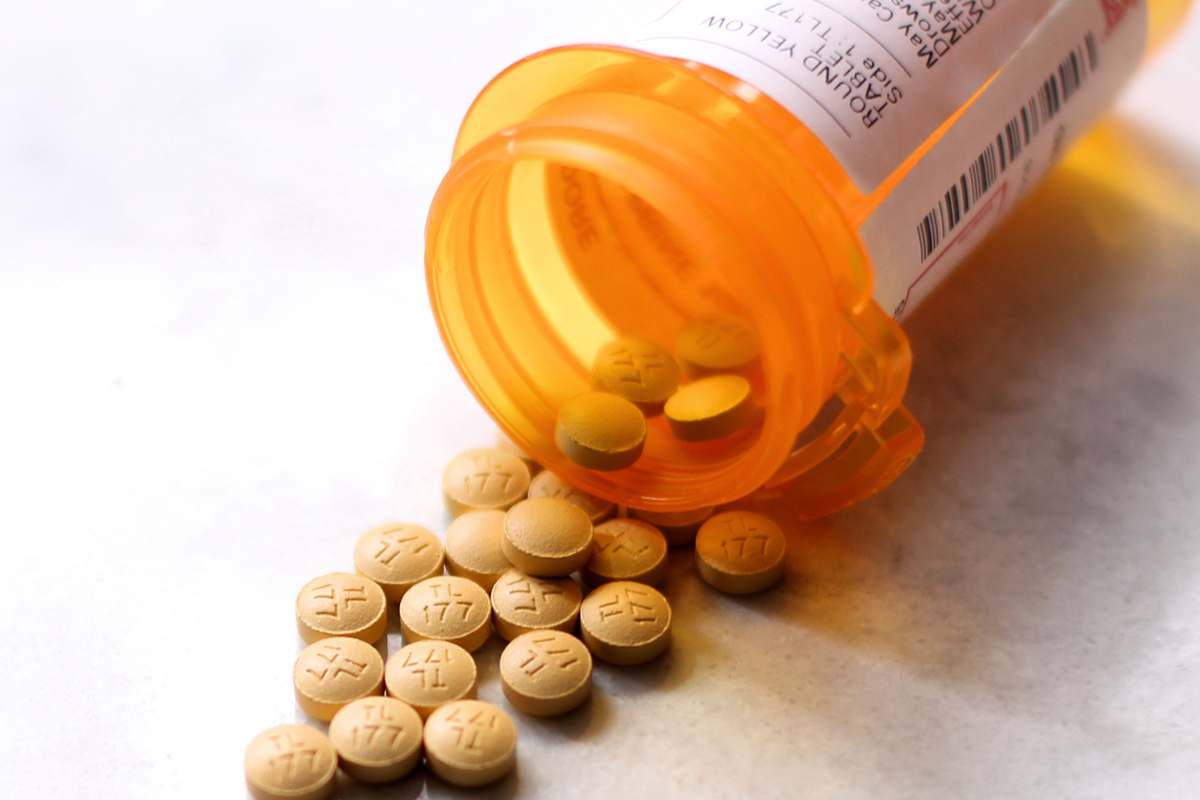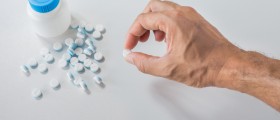
Warnings and precaution
No matter how helpful and useful muscle relaxants might be, the fact that they might also cause some serious side effects remains. The list of the possible unwanted effects of these medications is rather long, particularly when having in mind that they affect the central nervous system, which is why those who use them need to be careful. For the same reason, people should make sure not to use them simultaneously with alcohol or some medications that tend to slow down the central nervous system. While on these medications, it is not recommended to do anything that might put somebody’s life in danger, which means that even activities such as driving, for example, should be avoided, at least until one finds out how the medication in question affects one’salertness.
People who are advised not to use this medication are those with any kind of an allergy, pregnant and breastfeeding women, those who suffer from some liver or kidney disorder, overactive thyroid gland, as well as those who have recently had a heart attack or irregular heartbeat. People with diabetes need to be aware of the ability of muscle relaxants to affect the test results when sugar levels in urine are checked. On the other side, people with epilepsy should not use them at all, because they tend to increase the chances of experiencing seizures.
Possible side effects of muscle relaxants
As for the most frequently reported side effects of muscle relaxants, changes in vision, dizziness, lightheadedness and drowsiness are at the top of the list, at least when it comes to those that are not so serious in nature. Changes in the color of the urine might also be noticed, but all of these symptoms will go away on their own either after some time when the body gets used to the medication, or when the patient stops taking it. A number of gastrointestinal problems, such as constipation, diarrhea, vomiting, hiccups, heartburn, as well as restlessness, trembling, weakness and problems with sleeping, might also be experienced, although a lot less frequently. However, none of these problems requires medical attention, since they usually disappear very soon, as well.
When it comes to a bit more serious signs and problems that are possible with these medications, those are problems with breathing, swelling in face, tightness in the chest, fainting, slow heartbeat, as well as itching, rash, and red eyes, and if any of them occurs, the patient needs to consult the doctor as soon as possible.
















Your thoughts on this
Loading...